There’s a common conversation I’m sure you’ve heard when podcasts are brought up: “Podcasts? Aren’t those just four dudes sitting around a mic, talking to each other because they think they’re funny?” It’s a frustrating joke, a joke that feels dismissive and dated and inaccurate. Haven’t we left those days behind? Aren’t we better now?
Yes, of course–and, unfortunately, no. The problems we think of in podcasts of old are still pervasive in so many podcasts today. While this Podcast Problem has a greater focus on nonfiction conversational podcasts, much of this still remains true for more serious nonfiction podcasts as well as audio dramas. Whether just talking into a mic or writing a script for your actors, it can be difficult to see past your own lens and remember that the audience is, in fact, not living inside of your brain. You need to be living inside of theirs. Treating your audience as a third wheel to you and your cohosts is the quickest way to become one of those podcasts people always want to bring up as a joke.
The Audience as a Third Wheel program has three major iterations: lack of introductions, inside jokes/references, and tangents. Sometimes, your audience is treated as a third wheel due to your editing (or lack thereof) as well, but that’s an entirely different article.
Who are you?
Hello from the Magic Tavern starts each episode with a rundown of its (fictional) hosts and premise. With over 50 episodes, this has become a joke; the other hosts make fun of the primary host for announcing it, asserting the listeners already know what they’re listening to. Given the show has an ongoing narrative, the joke makes sense, but unfortunately, it’s how so many nonlinear podcasts seem to view their introductions as well.
When you start an episode of your podcast, you should always expect that your audience does not know who you are. It’s fine to start with a cold open–in face, cold opens usually add a lot of energy and tone to a podcast’s first few minutes–but if your podcast isn’t an audio drama, you need to introduce your show and yourself. What is your show about? What are your credentials? Your introduction could be as simple as the classic My Brother, My Brother and Me structure:
Host 1: You’re listening to My Brother, My Brother and Me, an advice show for the modern era. I’m your oldest brother, Justin McElroy.
Host 2: I’m your middlest brother, Travis McElroy.
Host 3: And I’m your sweet baby brother, Griffin McElroy.
This, paired with the cold open, quickly explains to the listener both the purpose and the tone of the podcast. It’s an introduction that’s stuck around for almost a decade for a reason: it works.
And if the McElroys still need to introduce themselves, you do too. Not giving the audience a proper introduction asserts one of two things:
- You didn’t expect anyone but your friends and family to listen to this podcast, which comes across very amateur and unprofessional, or
- You expect anyone who listens to your podcast to already know who you are, which comes across very cocky and perhaps vaguely delusional.
Introduce yourselves. Introduce your podcast. Your listeners want an introduction to your episode, and unless they’re going to get that through a linear narrative like an audio drama, you have to be the one to supply it.
What are you talking about?
Your assumption that you listener does not know who you are should not stop at your introduction, but should carry over into the podcast as a whole. Your listener, for instance, will not understand your inside jokes with your cohosts. If the joke is recurring within the podcast, this is permissable to a point, but even then, your jokes and conversation should not revolve around prior knowledge of you, your cohosts, or your podcast. Every episode should be accessible for a new listener. No episode should punish the listener for not understanding a reference to a previous episode. (I would say the same goes for references to pop culture, though I realize that opinion is even more divisive than suggesting you shouldn’t bank on recurring jokes in your podcast).
If your podcast is a deep dive into a specific subject, whether or not that podcast is comedic and conversational, you should always explain your topic with the expectation that your listener knows very little about the subject. Listeners will not be annoyed by giving a quick introduction to a concept for more novice-level listeners. Try to remember that if you have a deep dive podcast on a specific subject, you are the expert. You are the person your listener wants to learn from. Your job is not just to entertain, but also to educate.
On a far less nuanced level, though, please remember that if you are not an audio drama, conveying setting that your listener cannot see is not your job. Do not reference your zany lamp. Do not reference something funny happening outside of your window. Your listener cannot see what is in the room when you’re recording.
What are you supposed to be talking about?
If your podcast is conversational, it should absolutely sound like a conversation. You want the episode to sound authentic, and that means veering off on some occasional tangents.
Occasional.
The further on a tangent goes, the less likely your listener will stay tuned in to what’s being discussed. Some podcasters have mastered the art of the tangent, but this is rare. Listeners want to hear your show because they are interested in the concept. Unless your concept is “more tangents than relevant discussion,” your tangents should not happen more than your relevant discussion. It’s much easier to tune out to a tangent than it is to tune out during an actual discussion, and your listener’s attention span for side discussions is shorter than you think it is.
To that end, if you find that your or your cohost’s tangent hasn’t amounted to much, you can, in fact . . . edit it out. If you get the feeling that the tangent won’t make the final cut in the episode while recording, do not continually reference the tangent. You can remove it. You can edit it out. You do not need to keep it in. I promise.


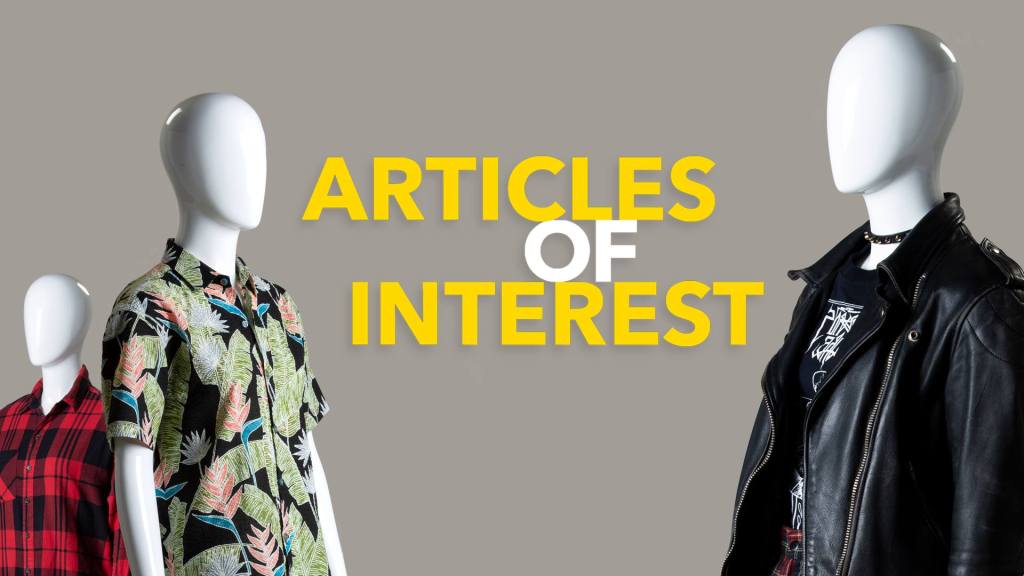

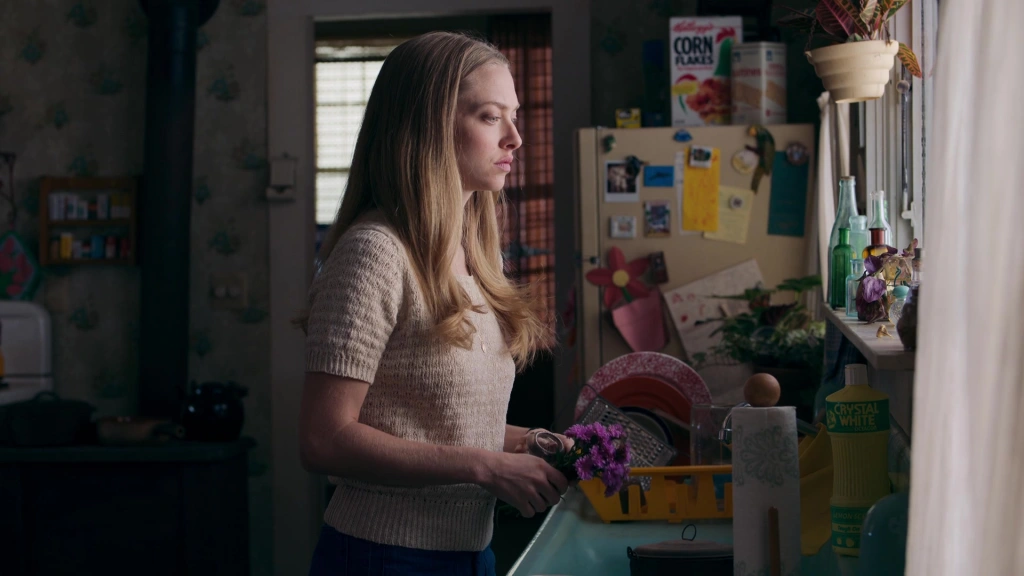
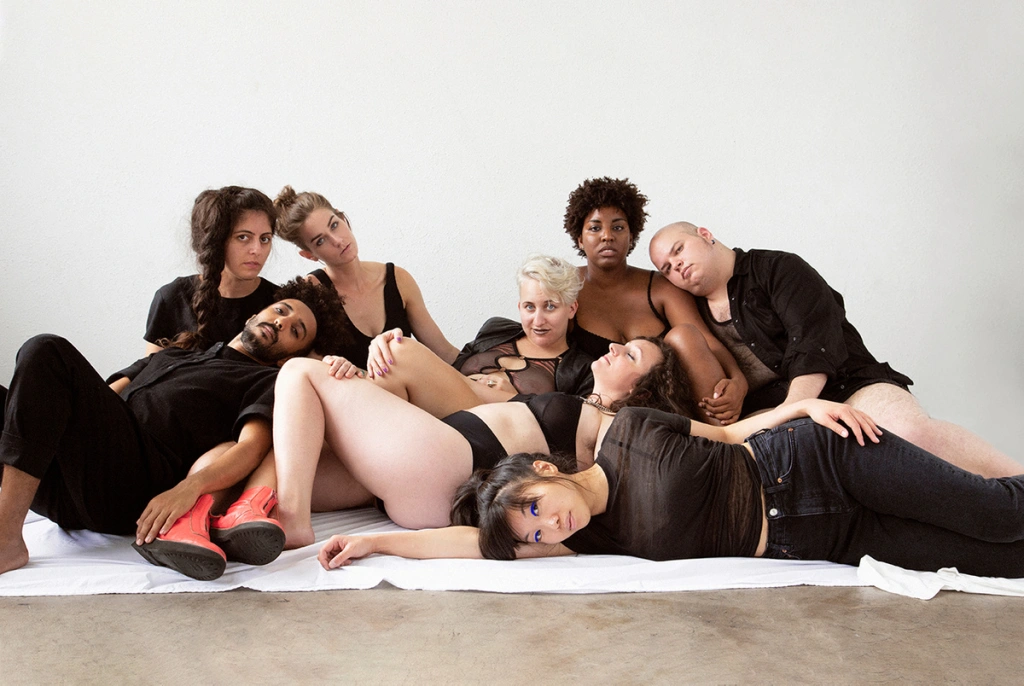
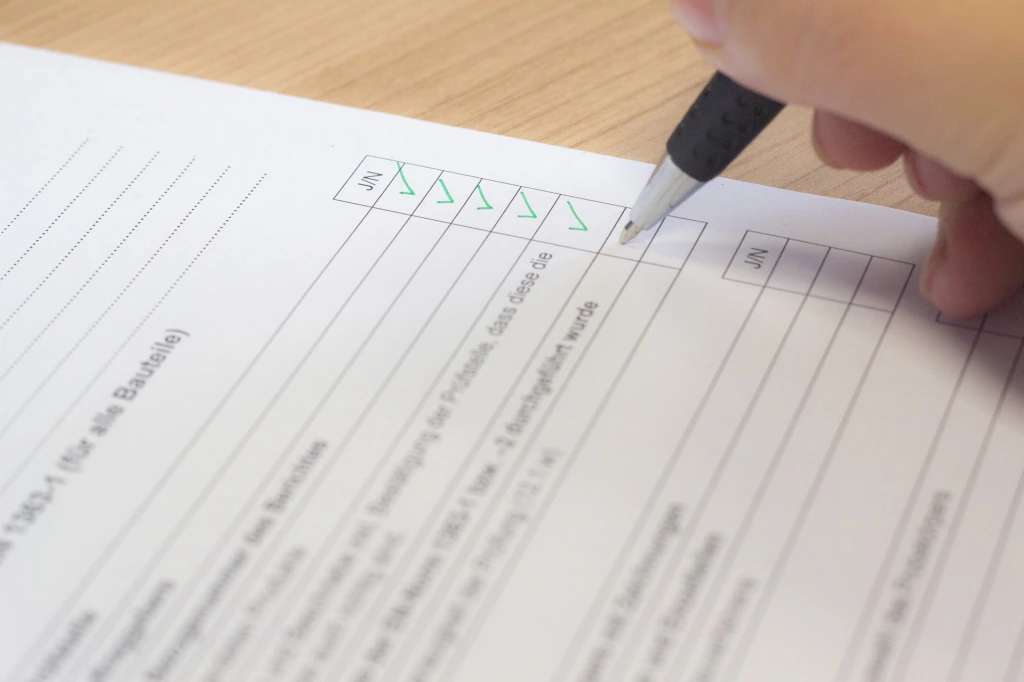
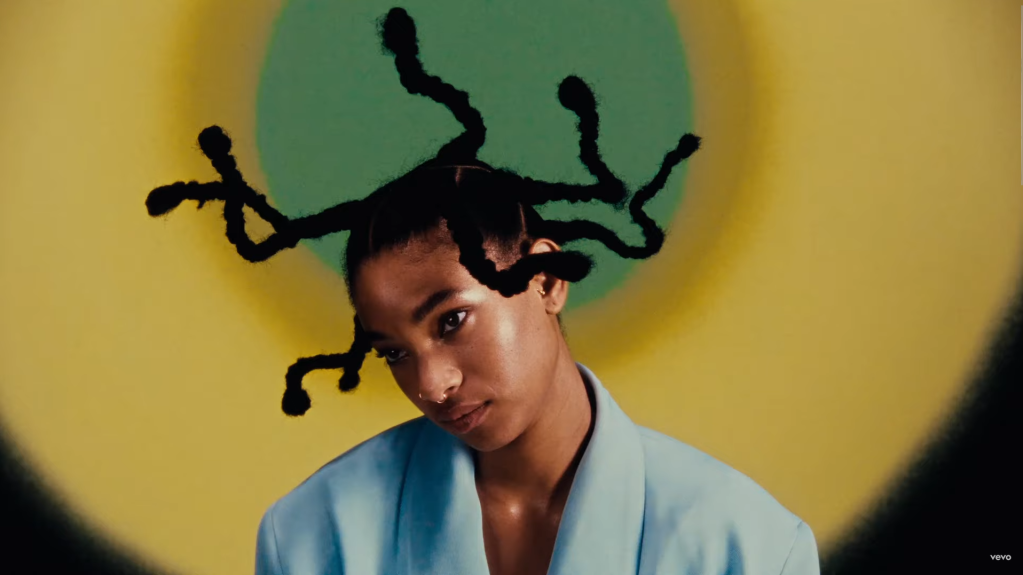
Leave a comment